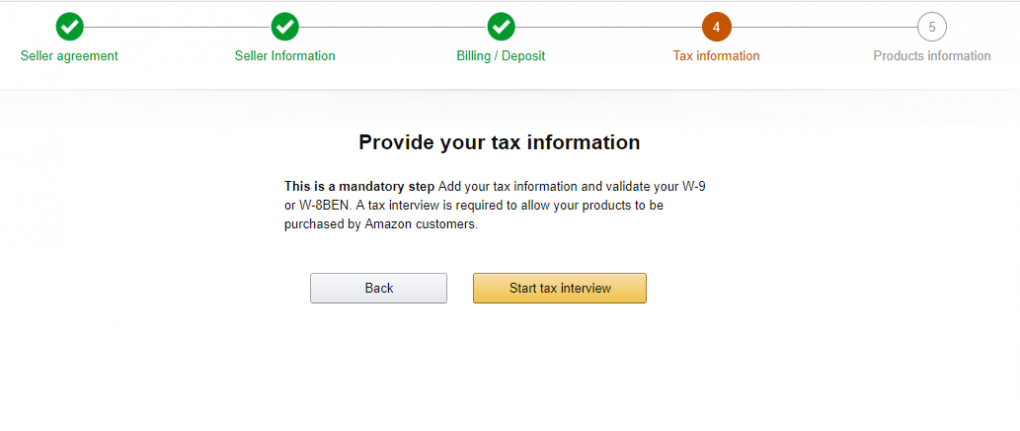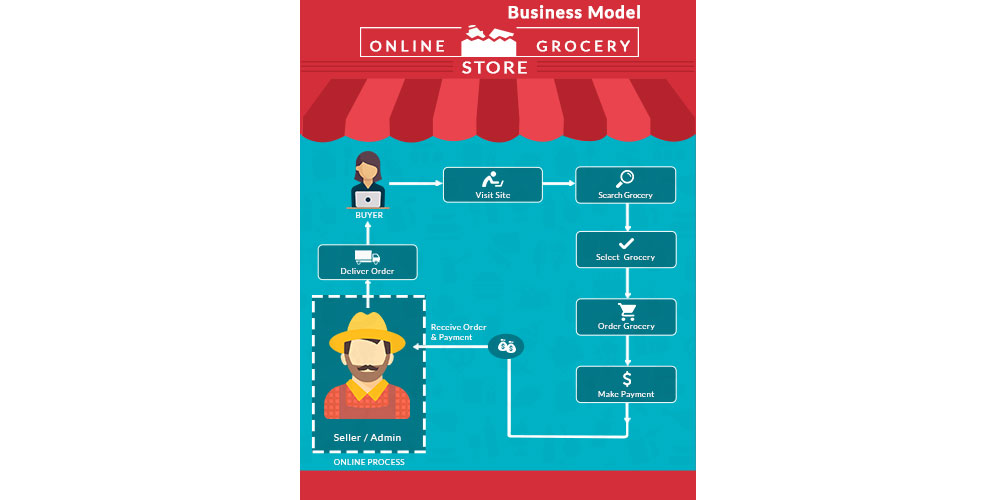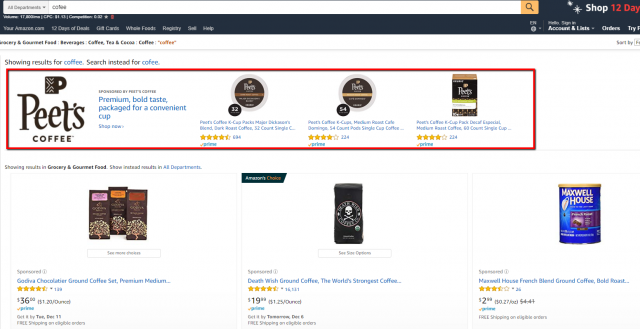
The retailer provides services that make shopping for customers more pleasant and easier. These services include product displays and salespeople. Retail stores generate high annual sales and provide a wide range of career options. You will also find many products and services at retail stores. The retail staff also distribute information about the products and the services to customers through signage, display, and sales personnel. These are the most common retail jobs.
Wholesaler
Since long, the relationship between a wholesaler/retailer has worked well. Wholesalers often approach retailers directly to establish a relationship. How do you make this relationship work? Here are a few tips. Before you make a purchase, think about the strength and capabilities of your product, your workforce, or your business channels. It is important to always sell the highest quality products and ensure that you have a reliable sourcing system.
A retailer is a local shop owner who buys large amounts of products from a wholesaler and then resells them to consumers. The retailer acts as the face of the company for end users. End users are often offered cash or seasonal discounts by retailers. Wholesalers also receive discounts from retailers. Both wholesalers as well as retailers make a profit from these sales. This relationship is critical to your success no matter what industry you work in.
Wholesalers are in close contact both with the customer and the manufacturer. A wholesaler can remove the manufacturer from your equation if you purchase from them. Wholesalers can also add their label to the product. The best products can be a learning tool for wholesalers. You can then focus on the products that are most profitable and grow your company. The benefits are many. Working closely with wholesalers will help you improve your bottom line as well as make a profit.
A wholesaler and retailer compete for resale profits. It is important to keep the relationship intact and not undercut wholesaler's price. You can prevent this by setting up price lists that are different for each vendor, channel, and even between vendors. This will help you not undercut your competitors and reduce your profit margins. For those who are unfamiliar with this business model, you can read the following to get more information.
A wholesaler serves as the intermediary between the manufacturer (or retailer) and the wholesaler. A wholesaler purchases large quantities of products, then sells them to a retailer. Finally, the retailer sells small quantities to the consumer. Wholesale goods typically sell for a higher price that the manufacturer's retail prices. Because they are specialists in one product, and can sell many goods, a retailer is distinct from a wholesaler.
Fixed retailer
The Fixed retailer is an example of a shop that sells a narrow range of goods. This type of retailer is typically run by the shop owner, who works alongside a sales assistant. These shops are usually located in residential areas and offer convenient shopping and credit facilities. These shops offer a personal connection to their customers and the convenience of a fixed place of business. Here are the characteristics that make up Fixed Retailers. Continue reading to learn more about these businesses.

Street stallholders operate out of stalls set up on the streets. These stores do not change locations frequently and are typically in central areas with heavy foot traffic. Street stalls cannot hold large inventories, so they typically deal in daily-use items. Fixed retailers can have larger inventories than hawkers or peddlers. Fixed retailers are therefore more flexible than roving counterparts.
Fixed retailers operate on an extremely small scale selling a variety goods from one fixed location. These retailers are also called "fixed shop" or "fixed-shop" retailers. They are known as "fixed shop" retailers. Their success hinges on their ability and size to adapt to changing marketplaces. Even small businesses can have unique characteristics that make them stand out from larger competitors. How can a fixed retailer benefit from a small-scale business model?
The most obvious difference between a fixed-shop retailer and an itinerant one is scale. Itinerant sellers are mobile and can move around, but fixed-shop retailers maintain a specific location. A fixed-shop retailer, unlike the itinerant, is more established and has greater resources to offer more products and services. Fixed Retailers can be large-scale but still maintain a small scale operation because they have a physical location. Small scale retailers are easy to set up and do not require the involvement of other people.
Itinerant retailer
A non-itinerant merchant is a retailer who maintains a shop in which goods are sold. These retailers can operate on a small scale or large scale. Smaller shops may sell fewer products because they don't have storage space. Large-scale shops are able to offer high quality goods at a large cost. These shops also have many products to choose.
The word "itinerant" comes from the word itinerary. It is pronounced "eye-TIN'-er-ant". An itinerary is a list that contains the traveler's plans, and their schedule. There are four types of itinerant retailers: street traders and hawkers, as well as market traders. They may not even have a shop, despite their name. They are also known as "hawkers" and "paddle traders".
Itinerant retailers have two main advantages: low capital and the ability of moving from one place to another. They can also provide a more personal service to customers. They are able to deliver the items customers require at their doorsteps. They are able to offer low-priced items that most people use every day. They don't require large capital investments and are often cheaper than other retail businesses.
The United States uses the term "itinerant trader" to refer to a retail merchant who works outside of a building. This type retail trade allows a seller to sell goods outside of a commercial building. Many times, they do so by ferrying goods from one place or another. It is important to remember that this type merchant is not always legal. Itinerant retailers are allowed to operate legally as long as they have the required permits and don't exceed 180 days per year.
Service provider

Be aware that costs, language and the scope of customer support can vary between providers when selecting a Service Provider. Retailers expect to receive some support when problems arise in their stores. PSPs usually offer guidance and support lines for customers experiencing difficulties with online payments. Online merchants are at greater risk than any other business of being rejected for payment. This is why risk protection services can be especially useful. High rejection rates can adversely impact profits, and lead to higher payment processing costs and collection and warning fees.
Retail landscapes are becoming more complex. Omnichannel and ecommerce have made it even more complicated. Retailers need to find ways to maximize their supply chain efficiency and optimize margins, even though margins continue to be thin. Cybersecurity threats to consumer data continue to be a concern. This is vital for creating differentiated customer services. Retailers should seek out specialized solution providers in order to enhance their existing strengths. RMS is a Preferred Service Partner with extensive knowledge in this field.
A service provider is a company that offers both physical products and related services. This allows customers to have the ultimate shopping experience. The retailer is clearly a service provider, offering an enhanced customer experience, accepting multiple payment methods, and providing demonstrations and recommendations. A service provider offers convenience and loyalty to its customers. This business model is ideal for retailers. The growth of service retailers enables them to protect customer loyalty and increase profitability while offering best-in-class service.
FAQ
What are the best online shopping days?
Sunday is the best date to shop online for clothes. It's a time when you can have a look at all the different shops and pick out what you like. Monday is the day you should purchase everything you will need for the coming week. Do any last-minute shopping on Tuesday. Wednesday is the day you should begin shopping for Christmas. Thursday is when you should start planning for Easter. Get ready for the summer holidays with preparations on Friday. Saturday is the time to prepare for the school holiday. Last but not least, complete all remaining tasks for the week.
Do you think it's important to use coupons at grocery stores?
Coupons can save you money, so it is worth using them. You can't get every discount you want. The best thing you can do is to try to match coupons with sale prices.
Coupons can be combined to increase savings. Two $2/1 coupons can be combined to make a $4/3 coupon.
How can I avoid being scammed online when buying?
You need to be careful when purchasing online. Always read reviews and look up customer feedback before making a purchase. It is a good idea to not send sensitive financial data via email. Instead, make use of a secure site such PayPal. This way, you can rest assured knowing that your information is safe.
Where can you find coupons for shopping online?
There are two ways you can find coupons online: 1. Visit the website of the company where you intend to shop; 2. Search Google to search for coupon codes. Both methods work but certain websites may be more easy to navigate.
Statistics
- Beyond that, you'll be liable for a 25% import tax. (makeuseof.com)
- According to the Federal Trade Commission (FTC), online shopping was the fourth most common fraud category for consumers as of February 2022.5 (thebalance.com)
- All items on AliExpress have an estimated delivery time on the product page, and it's usually anywhere from 20 to 60 days. (makeuseof.com)
- A report from the U.S. Census Bureau found that in the first quarter of 2022, an estimated $250 billion was spent on retail e-commerce sales.1 (thebalance.com)
External Links
How To
Online shopping is safe?
Yes! The internet is one of the safest places to do business. You can easily protect yourself using security software, and keep your personal data private.
Online shopping is becoming very popular due to the convenience of being able to order exactly what you want from your home.
It's important to remember that while you're shopping online, you still need to use common sense and follow basic safety precautions.
If you have initiated the transaction, don't give your credit card number to anyone over the phone or by email. Hang up immediately when someone calls pretending they are from your bank.
Don't send sensitive information via email, such as passwords or account numbers. Instead, log on to your accounts through a secure website.
Before you submit any personal data, it is a good idea for your browser to scan the address bar. For those who are worried about identity theft, the Federal Trade Commission or Better Business Bureau can offer free services.
These organisations will monitor your transactions and alert if you notice anything unusual.
If someone tries to steal you identity, they will inform you.
To avoid being scammed, here are some tips:
-
Never give out financial details over the telephone or by email.
-
Don't click links in unsolicited email.
-
Don't click on ads asking you to provide personal information.
-
Never enter your password or PIN on a site you didn't initiate.
-
Before submitting any personal information, ensure that you are on the right website.
-
Be wary of sites that request personal information in order to prove that they are legitimate.
-
Check all addresses and contact information before providing personal information.
-
Avoid hidden fees
-
Keep a copy for later reference.
-
Report fraudulent activity directly to the FTC and BBB, your local police station, and/or your state's attorney general.
-
Online purchases are a great way to get discounts and special offers.
You can find great savings on things like electronics, clothing, jewelry, books, DVDs, CDs, toys, video games, tools, appliances, furniture, bedding, and much more.
The best part is that you can usually save money on shipping costs.
Start shopping online now. You will love how easy it is to order almost everything online instead of visiting multiple stores.
Plus, there are no lines, and you don't have to deal with crowds.
So why not try it?